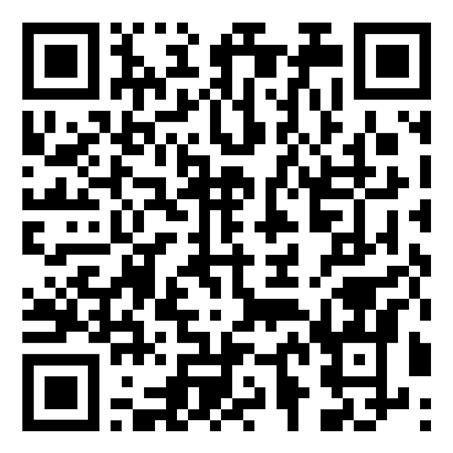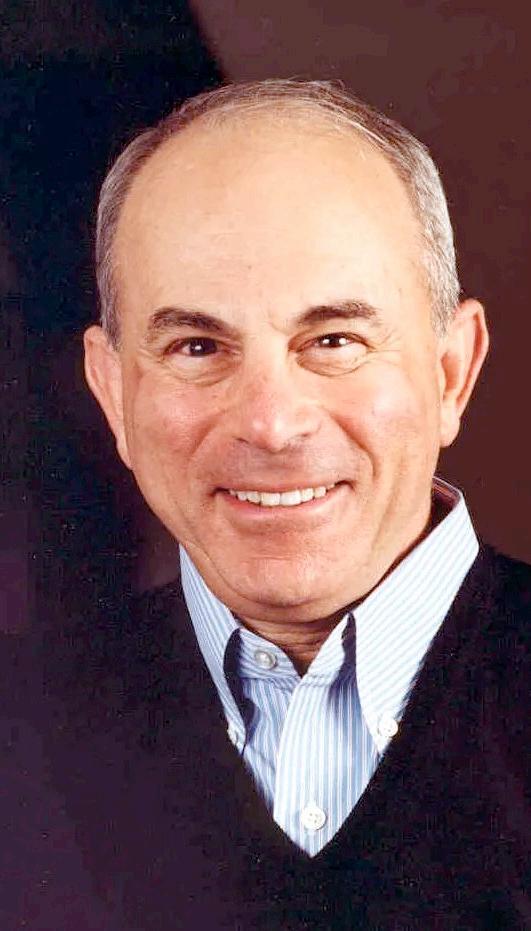
1 minute read
Exploring ‘The Island of the Four Ps’ to Create a Life Plan
Wall
Street executive Ed Hajim helps people identify what matters most

By Bonnie Stevens, QCBN
The man who took us “On the Road Less Traveled: An Unlikely Journey from the Orphanage to the Boardroom,” now sends us to “The Island of the Four Ps: A Modern Fable about Preparing for Your Future.” Business and thought leader extraordinaire Ed Hajim, a financier and entrepreneur who went from humble beginnings to massive success, is now sharing his roadmap with those searching for their path and purpose and demonstrating that anything is possible.
“One of my favorite books is ‘Who Moved My Cheese,’ and if you look back on history, fables basically have communicated principles as much as any form of literature: ‘Oh, The Places You’ll Go’ by Dr. Seuss, ‘Gulliver’s Travels,’ ‘Don Quixote,’ ‘The Alchemist.’ I thought I’d try to write a short book to communicate a series of ideas that helped me throughout my life. That’s what the ‘Island of the Four Ps’ is all about.”
The son of a Syrian immigrant, Hajim was kidnapped by his father at age 3 and told that his mother had died. He grew up largely in foster homes and orphanages, and at age 11, lived alone for a month out of a Coney Island hotel room, taking the subway into Manhattan to explore the city. Despite an early life of instability and adversity, he says the challenges he faced strengthened him.

“My disadvantages became advantages. Think about someone living in 15 or 20 places before you’re 18 years old. You’re adaptable. When you go from one schoolyard to the next, and I was in five different schoolyards between ages 5 and 10, or one orphanage to the next, you learn how to adjust and to fit in. Not only do you get adaptability, but you get self-reliance, you get perseverance and you get resilience. Resilience is like a muscle. And if you use it as a young person, you can use it later in life. In my business career, with my ability to adapt, there was no task that I wouldn’t take on. And I could relate to almost anybody.”

With no money, no family and no connections, Hajim, as a young man,
Continued on page 39










